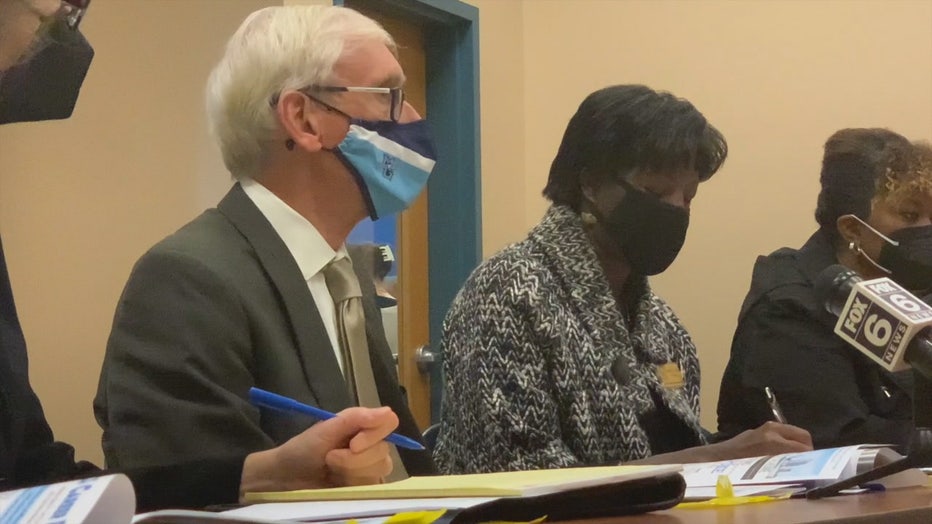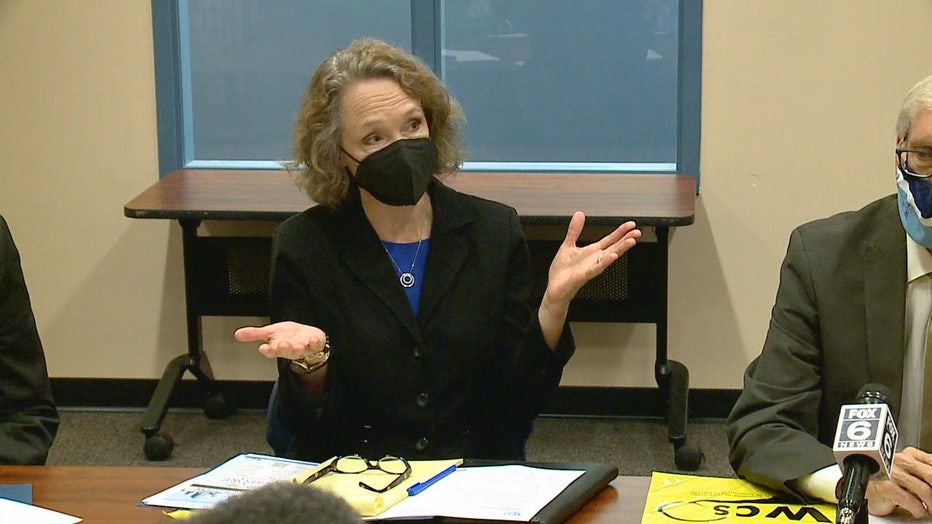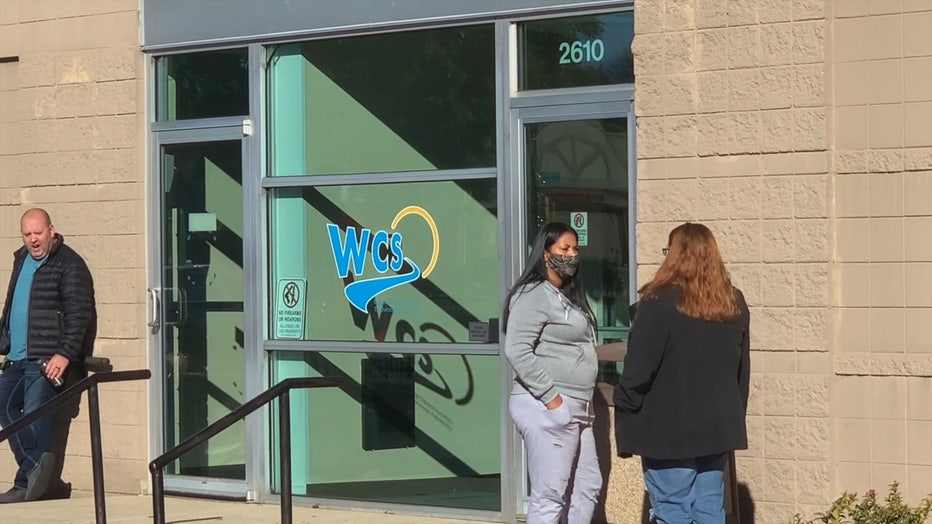Substance abuse disorders: Wisconsin offers new model of care

Wisconsin offers new model of substance abuse disorder care
The Wisconsin Department of Health Services is collaborating with health care providers in a new approach to treating eligible BadgerCare Plus and Medicaid members who have substance use disorders.
MILWAUKEE - The Wisconsin Department of Health Services (DHS) is collaborating with three health care providers in different areas of the state to pilot a new approach to treating eligible BadgerCare Plus and Medicaid members who have substance use disorders and at least one other health condition.
A news release says these providers will use an innovative "hub and spoke" program design to expand beyond traditional substance use disorder treatment services. Wisconsinites served by this new program will include people enrolled in BadgerCare Plus and Medicaid who are struggling with substance use disorders and also have other health conditions that create barriers to their recovery from addiction.
"The good news is that we have the opportunity to evaluate this system, how it goes, before we start taking this statewide," said Gov. Tony Evers during a visit to Wisconsin Community Services in Milwaukee on Tuesday, Oct. 26.

Gov. Tony Evers
The pilot sites' "hub and spoke" model will provide integrated services that give eligible members rapid access to comprehensive addiction and mental health treatment, primary care and other needed supports to assist their recovery.
SIGN UP TODAY: Get daily headlines, breaking news emails from FOX6 News
In the hub and spoke model, an organization takes the lead as a "hub" on the care of the Wisconsinites in their program, ensuring that substance use disorder treatment and other health care needs are addressed. The hub then works with a network of "spoke" organizations that provide a range of services that are customized to support each individual’s unique circumstances.

Karen Timberlake, Wisconsin DHS Secretary-Designee
"So what we have here in WCS is that hub to work with me, identify everything that I need to really progress through recovery and to get the rest of my health issues dealt with and then to partner with spokes, meaning other service providers, so whether it’s housing, whether its medication-assisted treatment, whether it’s peer support," said Karen Timberlake, Wisconsin DHS secretary-designee.
"It solves a lot of problems for us from the standpoint that a person can come to us at the health home, and we can help them to navigate to access all those systems that, quite frankly, otherwise, for an individual person who is not used to the system of navigation, can be a daunting experience," said Clarence Johnson of Wisconsin Community Services.

Wisconsin Community Services, Milwaukee
The three hub sites will pilot the new benefit in three different regions. The hubs represent one rural site, one tribal site and one urban site selected deliberately to help Wisconsin understand how this care coordination model will work in a variety of environments, to inform a future statewide approach.
- Wisconsin Community Services, Inc., a non-profit community-based organization, will provide services in Milwaukee County.
- The Family Health Center (FHC) of Marshfield, Inc., a federally qualified health center, will provide services through the FHC Minocqua Alcohol and Drug Recovery Center, for Forest, Iron, Oneida, Price, and Vilas Counties, as well as the Forest County Potawatomi Community, the Lac du Flambeau Band of Lake Superior Chippewa, and the Sokaogon Chippewa Community.
- The Oneida Nation Behavioral Health Center, a federally qualified health center, will provide services to any federally enrolled Native American in the Oneida Nation, and Brown and Outagamie Counties.
FREE DOWNLOAD: Get breaking news alerts in the FOX6 News app for iOS or Android
The release says Wisconsin seeks to gather at least 2 ½ years of data through the pilot in order to inform the creation of a permanent benefit. DHS will monitor outcomes on an ongoing basis and will do formal program evaluations to assess the need for changes or expansion. If the pilot program is successful, it could be a permanent fixture in Wisconsin.
"I don’t think we should just assume that everybody is going to succeed at the same rate. I think that’s important for people to recognize it’s going to take time. It’s going to take effort," Gov. Evers said.
Featured
Mequon-Thiensville school board recall early voting underway
Early voting is underway in an attempt to recall four members of the Mequon-Thiensville Board of Education.
Featured
North Prairie firefighter dies, COVID contracted while on duty
A North Prairie firefighter has died in the line of duty after contracting COVID-19. Colleagues are remembering Gary Berg for his decades of dedication to the job.
Featured
Red Cross blood shortage: Lowest supply levels in 10+ years
Despite ongoing appeals to donors and the public, the American Red Cross emergency blood and platelet shortage remains an emergency.




